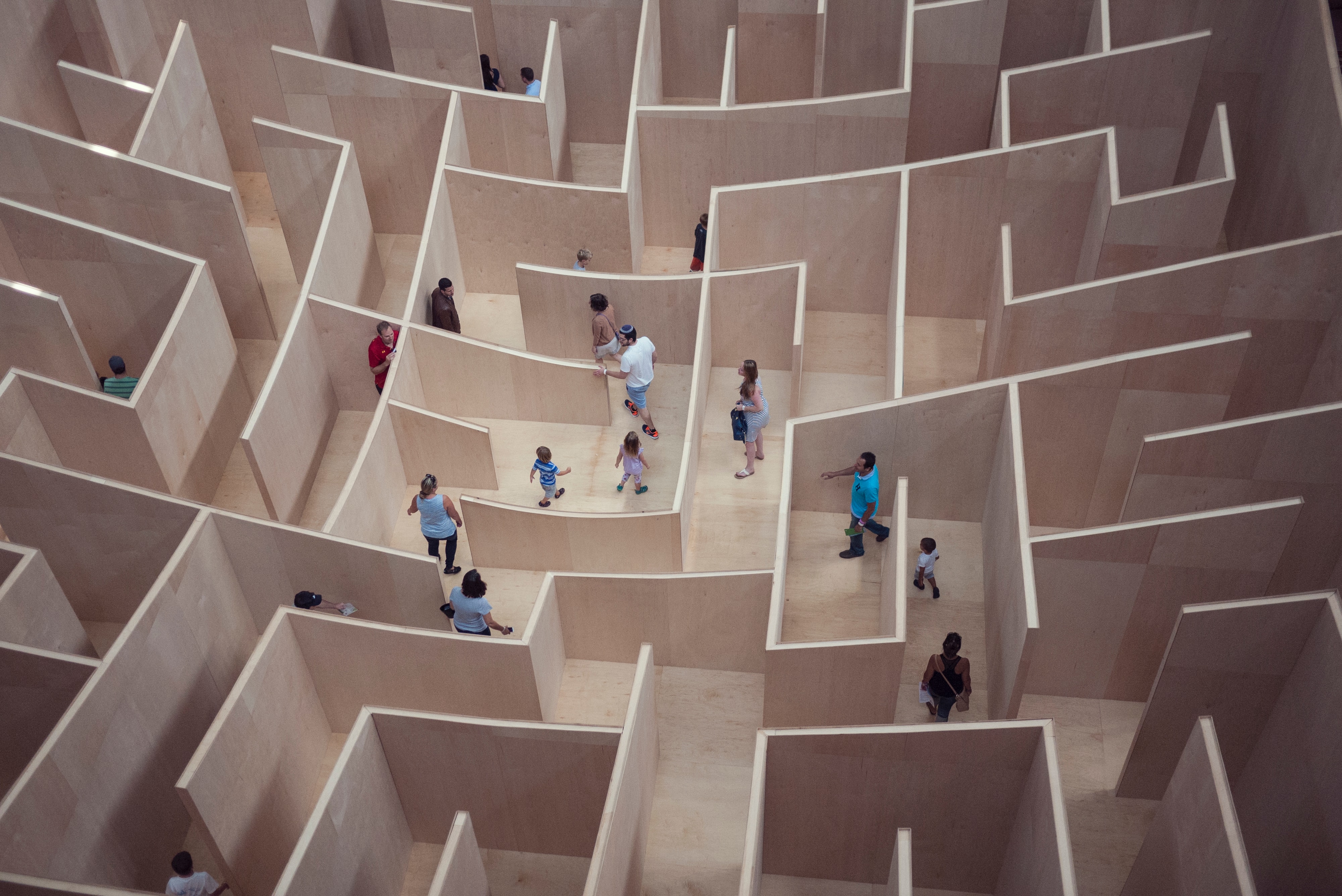
This section aims to capture the knowledge, conversations, debates around Conscious Media and its various aspects. It is a work in progress article that invites contributors to add to it.
What is Conscious Media?
There are quite some ways in which Conscious Media is defined. One of the practices in engaging critically and consciously with information and data is to be a discerning reader. This means that one needs to create their own ways of knowing that are based on a variety of sources that they trust. And hence, each one is invited to build their own understanding of Conscious Media after engaging with content around it. Here's my attempt at articulating what it means to me:
One of the core critiques of the media culture today is the hyper-individualism that has made the process of media engagement isolated. The new media is working against its own intent of what it set out to do: Connect people. Add to it the cacophony of information overload, all the digital noise that hampers the sense-making capacity of an individual. Conscious Media practices involve reclaiming one's sense-making process, building awareness about one's consciousness while engaging with the media, collectivisng the process of media consumption and creation.
To read more:
https://evolutionaryguidancemedia.com/
https://evolutionaryguidancemedia.com/research
"The everyday hero is online in the form of the Cyberhero (Klisanin, 2012)."
https://www.psychologytoday.com/sites/default/files/attachments/85256/futures-elsevier-copy.pdf
Why do we need Conscious Media?
To understand what is Media; its history, evolution, theorists, and its implications on power, culture, technology and infrastructure, refer to the following articles:
https://journals.sagepub.com/doi/full/10.1177/1350508419855702
Theories falling into the third branch question the possibility of differentiating between media and content and introduce a historical lens into the research of contemporary media. From this perspective, the development of media is always a play-off between social necessity and suppression, which relates already existing and novel technological and cultural concepts. Historical patterns of change and development in communication present ‘a field (the social sphere) in which two elements (science and technology) intersect’ (Winston, 2000: 3). This branch thus acknowledges that the technological development of media is always encapsulated in a discourse that defines them as ‘new media’ (Gitelman, 2006; Gitelman and Pingree, 2003; Chun, 2006) but that at the same time, such ‘new media’ are structured by already existing and well-established technologies, hierarchies, and aesthetic principles. Subsequently, research looks at the evolution and development of technological aspects, while taking into account the emergence of aesthetic concepts. This enables the analysis of the ‘rapid development of new digital media’ (Bolter and Grusin, 2000: 5), while reflecting on the discourse that defines shifting media configurations.
https://mediaculturesociety.org/2013/01/29/does-technology-impact-culture/
As seen in TED talks, Turkle shares her thoughts on technology’s impact. She says, “As we expect more from technology; we start to expect less from each other”. She suggests we often hide by sending messages electronically rather than discussing difficult issues in person. This is because of the belief that online is less personal and the effort to connect on a human level and is reduced by sending messages online rather than in person. Why? If by talking about the issues or concerns in person, discussions are open up where feelings, thoughts, ideas are exposed to be shared and probed. Turkle suggests we can hide from each other even though we are more electronically connected. She points out we’re not building relationships with each other, but building relationship with technology as if it’s a real thing. Turkle explains that technology doesn’t empathize, and doesn’t experience death or disappointments. Instead we select to use technology when we feel vulnerable and technology provides us with an illusion of comfort and of being in control.
https://www.pbs.org/wgbh/frontline/film/digitalnation/
Over a single generation, the Web and digital media have remade nearly every aspect of modern culture, transforming the way we work, learn, and connect in ways that we’re only beginning to understand. FRONTLINE producer Rachel Dretzin (Growing up Online) teams up with one of the leading thinkers of the digital age, Douglas Rushkoff (The Persuaders, Merchants of Cool), to continue to explore life on the virtual frontier. The film is the product of a unique collaboration with visitors to the Digital Nation website, who for the past year have been able to react to the work in progress and post their own stories online. [Explore more stories on the original Digital Nation website.]
Conversations, Dialogues and Approaches
The Social Dilemma is a 2020 American docudrama film directed by Jeff Orlowski and written by Orlowski, Davis Coombe, and Vickie Curtis. Tech experts sound the alarm on the dangerous human impact of social networking.
The growing list of founders expressed deep concerns about Google’s “monopolistic” hold on India, home to one of the world’s largest startup ecosystems, and discussed what they alleged was unfair and inconsistent enforcement of Play Store’s guidelines in the country.
